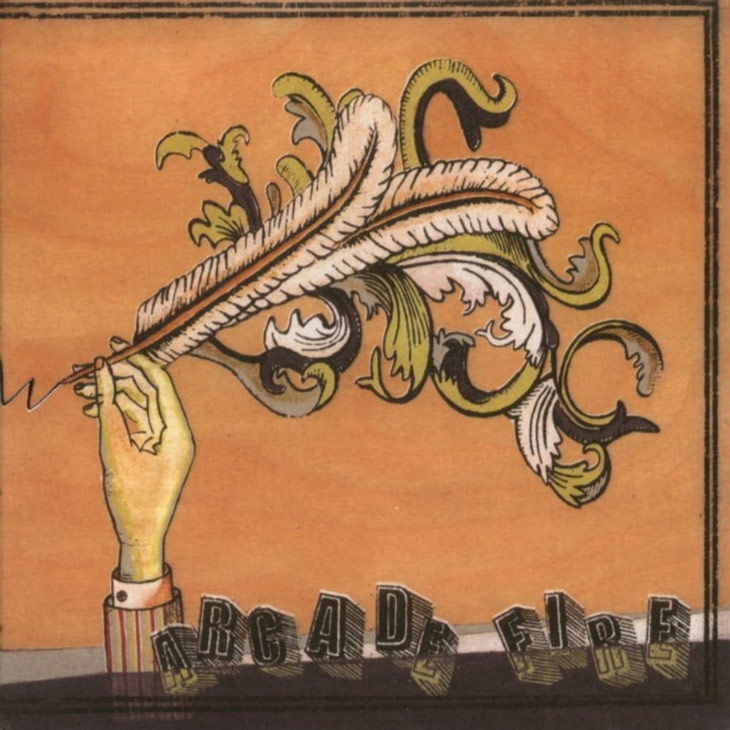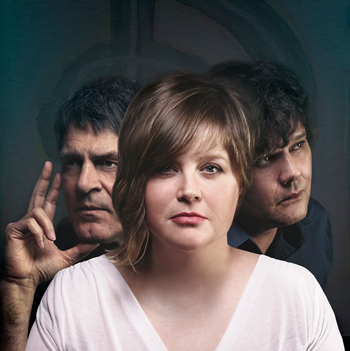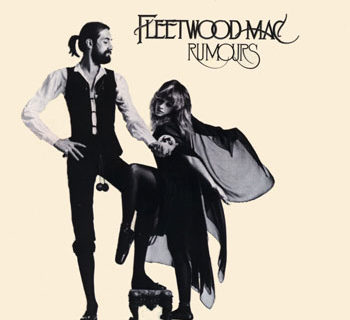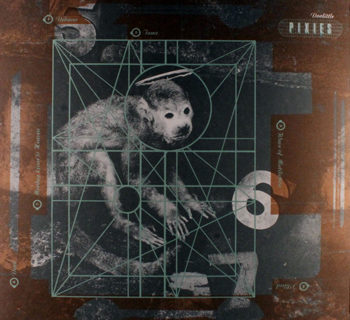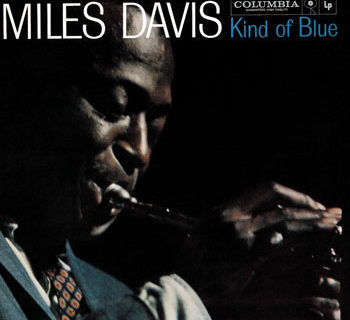Arcade Fire - Funeral
Sometimes, all it takes to change everything is no bigger than the space between two notes. When you find yourself in between that split-second, you’ll see the same place completely different. Such is my experience with Funeral by Arcade Fire.
My first experience with this record was disappointment. I had just listened to In the Aeroplane Over the Sea for whatever hundredth time and was told Funeral was comparable, if not better. It just did nothing for me at first, but I gave it a few more listens, and then a few more.
As the highest charting record of the 21st century on Acclaimed Music’s Top 3000 Albums of All Time, the album is notable element for its sense of newness, with influences that are one part Beach Boys, one part Sex Pistols, and three parts post-modern irony. In other words, it’s a record that could only exist now.
The production is 21st century schizoid thick. Win Butler’s whining voice croons and ecstatically wails over each of the ten tracks. Straightforward punk chord progressions and dynamics are at constant war with the lush strings, and dime-turn artful, dynamic shifts. From the pure buildup of “Neighborhood #1,” which might be a perfect opener, to the ballad-turned twisted disco of “Crown of Love,” to the hard rocker “Wake Up,” the album never fits straightly, or neatly into one sonic style. It reflects, almost comically, the modern-day modernism.
While pastiche—paying homage to other genres—is not a new concept, its use in modernist art by James Joyce, David Foster Wallace, Thomas Pynchon is disruptively important. By using Disco during a ballad or an accordion during a hard rock song, or infusing a Gagaku classical style, Arcade Fire employs pastiche at its most intentionally messy and deconstructive. It’s anti-art. It’s Mona Lisa with a mustache. An artistic punk. It’s disruptive. It’s modernist, but unsubtle and on the nose.
Those intentionally conflicting song structures had another important effect. Hipsters were birthed to this album, figuratively (and probably literally). I used to hate hipsterdom, as it takes all the meaningful aspects of modernism and the underground, the reason why it’s disruptive, and makes it ironic for aesthetic purposes. It removes the meat, and leaves the shell. That drives me crazy, and I held that against this record.
It’s anti-art. It’s Mona Lisa with a mustache. An artistic punk. It’s disruptive. It’s modernist, but unsubtle and on the nose.
But it seems greatness is as much a function of age as artistic merit. And so as I listened again, and again, I developed a taste for the contrapuntal moments. I gained a love for the loud, over-the-top bass drops under fast moving, root-note guitar and common time drums, as well as the layering of drawn out notes over fast runs. The song “Haiti” is a good example. As Butler sang the same refrain over and over, the chord changed underneath me, and I realized I really fucking love this record.
Funeral is millennial, messy, ironic, and nerdy-art rock. And I’m those things too, so I cut it some slack, to my ultimate benefit.
Until I wake up.

